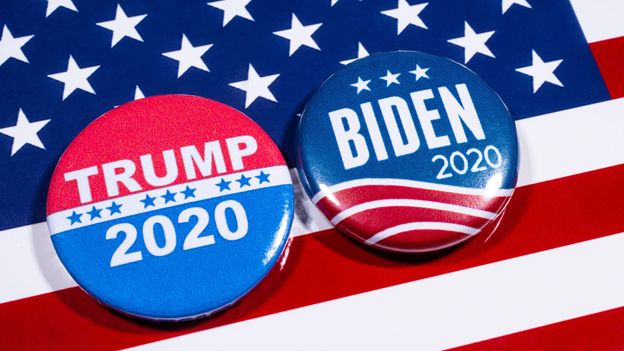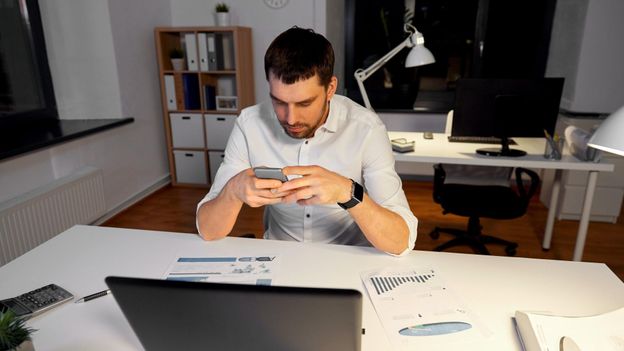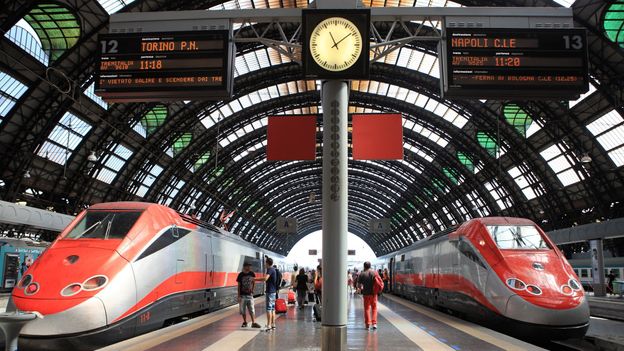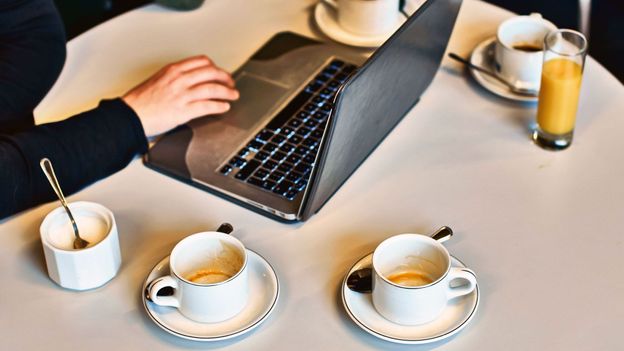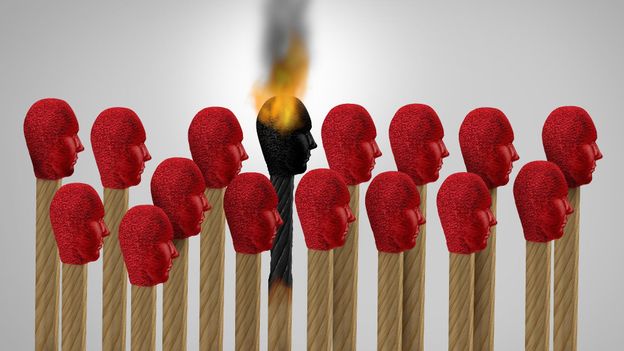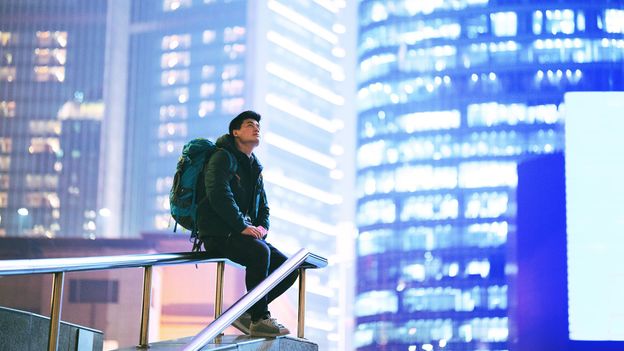He suggests people who need to work try to be aware of internal triggers – feelings or urges, like anxiety – and external triggers – like pings from devices – that make them want to check the news. Log when you’re experiencing internal triggers to better identify them, then link them to distracting behaviours. As for external triggers, mute notifications on your phone or avoid colleagues who want to dissect the election. Eyal also uses apps that block your access to sites that might distract you. “You can say: ‘Hey, look, I’m not going to have any access to these four websites, because I know that’s what could potentially lead me astray’.”
Chris Bailey, an Ontario-based writer and author of Hyperfocus, a book about productivity at work, says that we should “use the news as a reward for getting work done”. Once you’ve knocked off a task, “treat yourself to an all-you-can-eat buffet of news and distraction”. This works the same way as an “e-mail sprint”; the idea that you plow through as many emails as you can in a fixed window of time as a way of reducing the constant distraction of your inbox. “News sprints” can serve the same purpose, he says; set a timer for 10 minutes, “but when that time is done, disconnect from it until the next one comes along – maybe after you complete an important project”.
Bailey also says that, surprisingly, big news days could be a good time to start a new project. That’s because our brain has a built-in “novelty bias” that gives us a shot of the pleasure-inducing neurotransmitter dopamine. On a day like Election Day, we could channel that craving for election updates into beginning a fresh task. “The novel tasks in our work can be helpful to focus on if you’re looking to transition from checking the news to getting some work done,” he says. “They can help you settle into a flow, and act as a sort of bridge to more important work.”
If that’s not working for you, however, Julie Morgenstern, a productivity writer and author of Never Check Email in the Morning, suggests doing the organisational tasks we always feel too busy for, such as “cleaning out and reorganising your digital or paper files, catching up on digital filing, shredding old piles of papers and printouts, setting up reach-out systems to stay in touch with clients”.
Knowing the election schedule and when key developments are expected, like significant exit polls or indicative results in important swing states, could also help keep you productive. Whether you’re in the US or elsewhere, knowing when useful information is likely to emerge and where you’ll go to get it gives you chunks of time to ignore the news and tick off work tasks. “Just decide and be intentional. The key is to avoid constantly, mindlessly checking,” says Morgenstern.

